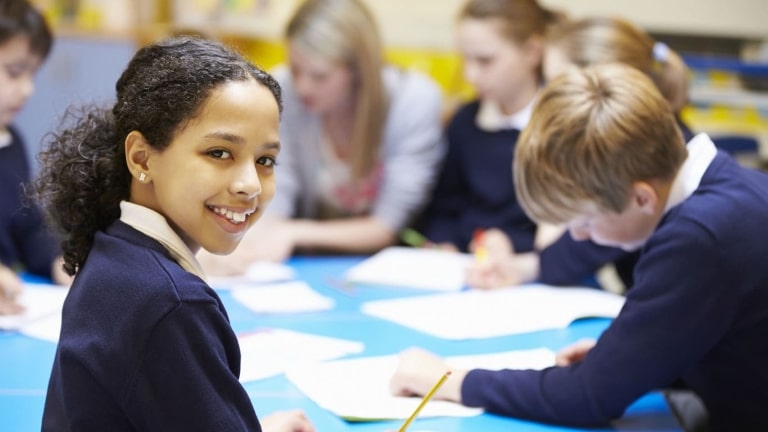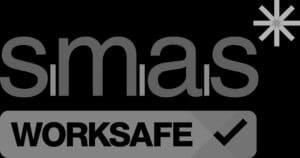5 best exam preparation techniques to help your students achieve
Apr 10, 2017 • 3 minutes

1. Give them past exam papers to do
This is one of the most effective ways of ensuring that students know what to expect in the exam and enabling them to get a feel for the questions. Encourage them to do exam papers with your help first, then by themselves and finally independently and in the correct time period – this will enable them to get a good grasp of how much time they have for each question in the exam.
By helping students complete plenty of past papers, you are not only going to boost their self-confidence when it comes to the real exam, you will also ensure that they are able to plan out their time in the exam so they have time to complete each question.
2. Get them to ‘teach’ others
When students ‘teach’ other students what they have learned they are 70% more likely to remember it. Doing a short presentation or speech to other students, family members or friends really helps to embed what they’ve learnt into their brains – much more so than reading or listening to information.
3. A revision timetable is a must-must
As well as helping you to see clearly where you and the students are going with revision, this helps students to be confident that they can fit everything into the space between now and the exams. It can also give a definite sense of purpose to your lessons and assures students that you are allowing time to go over all aspects of a subject before the final exam.

4. Use flashcards as a quick revision tool
Ask your reprographics manager to cut some business cards to use as flashcards. If learning vocabulary, put the term on the front and the definition on the back, or if using them for maths put formulas one side and the answers the other. These cards can be used for any subject and are a fun way to learn key terms, formulas and concepts. They’re also perfect for last-minute revision before the exam.
5. Employ these surprising de-stress techniques
You can help your students to relax at home in-between study periods by telling them to eat dark chocolate, listen to classical music and play with bubble wrap and puppies. Yes, we’re serious!
Dark chocolate which is over 70% cocoa fights the stress hormone cortisol and releases naturally stress-fighting endorphins. Classical music is a great brain power booster and can elevate your mood, whilst puppies and bubble wrap are quirky ways to de-stress.
Many universities have installed puppy rooms where their students can go to relieve anxiety and clear their minds, and popping bubble wrap is, apparently, stress-relieving; give it a go!






